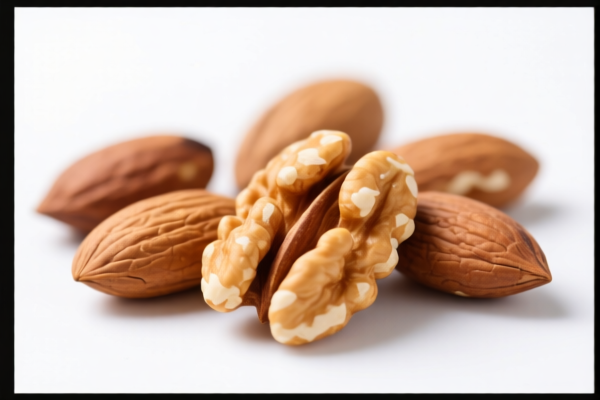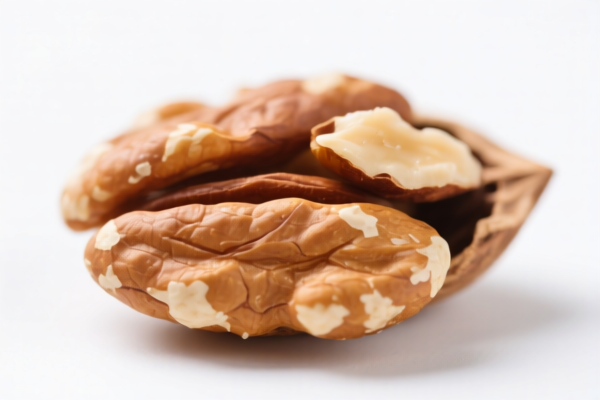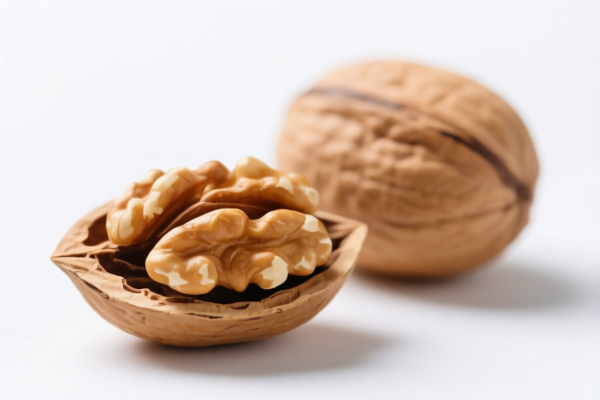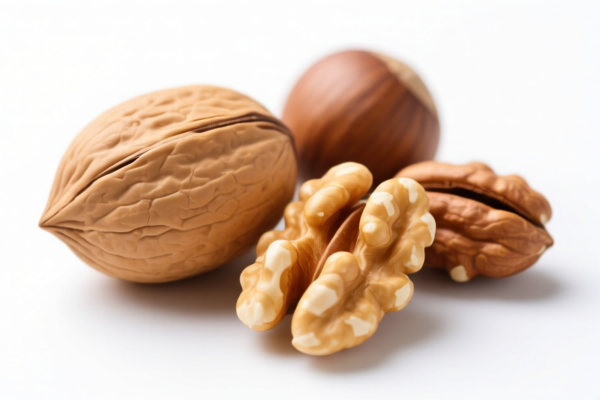| HS Code | Official Doc | Tariff Rate | Origin | Destination | Effective Date |
|---|---|---|---|---|---|
| 8807909060 | Doc | 55.0% | CN | US | 2025-05-12 |
| 8807909015 | Doc | 55.0% | CN | US | 2025-05-12 |
| 7318190000 | Doc | 85.7% | CN | US | 2025-05-12 |




Nyloc Nuts
Nyloc nuts, also known as self-locking nuts, are a type of prevailing torque nut designed to resist loosening due to vibration and torque. They achieve this self-locking feature through a nylon insert within the nut's end.
Material:
- Nut Body: Typically manufactured from steel, commonly carbon steel or stainless steel. Stainless steel variants offer enhanced corrosion resistance, suitable for outdoor or harsh environments.
- Nylon Insert: Made from a polyamide (nylon) material, usually a 6/6 nylon. The insert is molded directly into the nut during manufacturing.
Purpose:
The primary purpose of Nyloc nuts is to provide a secure fastening solution where loosening due to vibration, shock, or dynamic loads is a concern. They are used in applications where traditional nuts may require additional locking mechanisms like lock washers or thread-locking compounds.
Function:
The nylon insert deforms elastically when the bolt is tightened, creating friction against the bolt threads. This friction increases the torque required to loosen the nut, effectively preventing self-loosening. The greater the load, the greater the deformation and locking force.
Usage Scenarios:
- Automotive: Securing exhaust systems, undercarriage components, and other parts subject to vibration.
- Construction: Fastening structural elements, machinery, and equipment.
- Electronics: Mounting components and enclosures.
- Marine: Applications exposed to saltwater and corrosive environments.
- Machinery & Equipment: Securing components in vibrating machinery.
- DIY & General Assembly: A common choice for projects requiring a reliable fastening solution.
Common Types:
- Standard Nyloc Nuts: The most common type, featuring a nylon insert occupying a portion of the nut's end.
- Flange Nyloc Nuts: Include a flange under the nut head to distribute load over a wider area, improving stability and preventing damage to mating surfaces.
- Stainless Steel Nyloc Nuts: Offer superior corrosion resistance for outdoor and marine applications.
- Heavy Duty Nyloc Nuts: Designed for higher torque applications and increased load capacity.
- Nyloc Castle Nuts: Feature slots for use with cotter pins, providing an extra layer of security in critical applications.
- Colored Nyloc Nuts: Often used for identification or aesthetic purposes. The color typically indicates the material or grade.
Nyloc nuts, being a type of nut, fall under the category of screws, bolts, nuts, coach screws, screw hooks, rivets, cotters, cotter pins, washers (including spring washers) and similar articles, of iron or steel.
Here are the relevant HS codes based on the provided reference material:
- 7318190000: This HS code covers screws, bolts, nuts, coach screws, screw hooks, rivets, cotters, cotter pins, washers (including spring washers) and similar articles, of iron or steel. Specifically, it applies to threaded articles categorized as 'Other'.
- 73: Chapter 73 covers articles of iron or steel.
- 18: Heading 18 specifies screws, bolts, nuts, coach screws, screw hooks, rivets, cotters, cotter pins, washers, etc.
- 19: Subheading 19 further defines these articles as 'Other' threaded articles.
Tax Details:
- Basic tariff: 5.7%
- Additional tariff: 25.0%
- Additional tariff after 2025.4.2: 30.0%
- Total tariff: 85.7%
- Note: Steel and aluminum products are subject to an additional tariff of 25%.
Important Note: Regarding HS code 7318190000, please note the need to verify the material (steel or aluminum) as this impacts the applicable additional tariff.
Customer Reviews
No reviews yet.